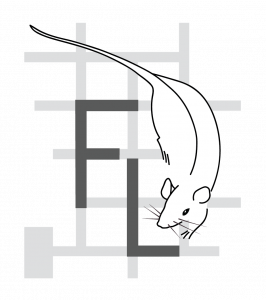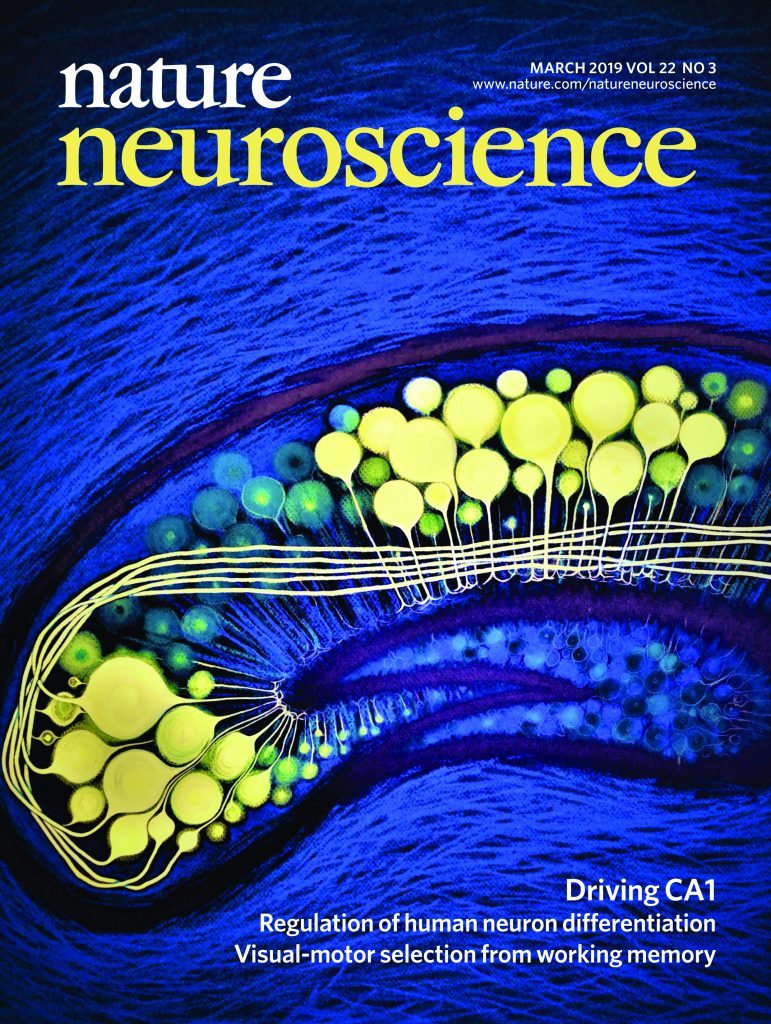The Foster Lab is a part of the Department of Psychology and the Helen Wills Neuroscience Institute at the University of California, Berkeley.
We are interested in how populations, or ensembles, of neurons encode and process information. We collect data from neural ensembles during free behavior, and we interpret these data using computational frameworks such as reinforcement learning. Our recent focus has been on ensembles in the hippocampus that underlie spatial learning and memory. We are particularly interested in offline ensemble activity, known as “replay,” in which sequential activity patterns depict simulated spatial trajectories, both prior to and immediately following movement. Work in the laboratory divides into three sub-areas:
- Consideration of the function of replay, for example, in planning future behavior, including how replay might drive or otherwise interact with reward expectation activity in downstream areas;
- Inquiry into the mechanisms by which replays are generated, including how they are learned, and how different circuit elements contribute; and
- Consideration of the possible role in disease of dysfunctional replay.

Acute silencing of hippocampal CA3 reveals a dominant role in place field responses
Neurons in hippocampal output area CA1 are thought to exhibit redundancy across cortical and hippocampal inputs. Here we show instead that acute silencing of CA3 terminals drastically reduces place field responses for many CA1 neurons, while a smaller number are unaffected or have increased responses. These results imply that CA3 is the predominant driver of CA1 place cells under normal conditions, while also revealing heterogeneity in input dominance across cells.